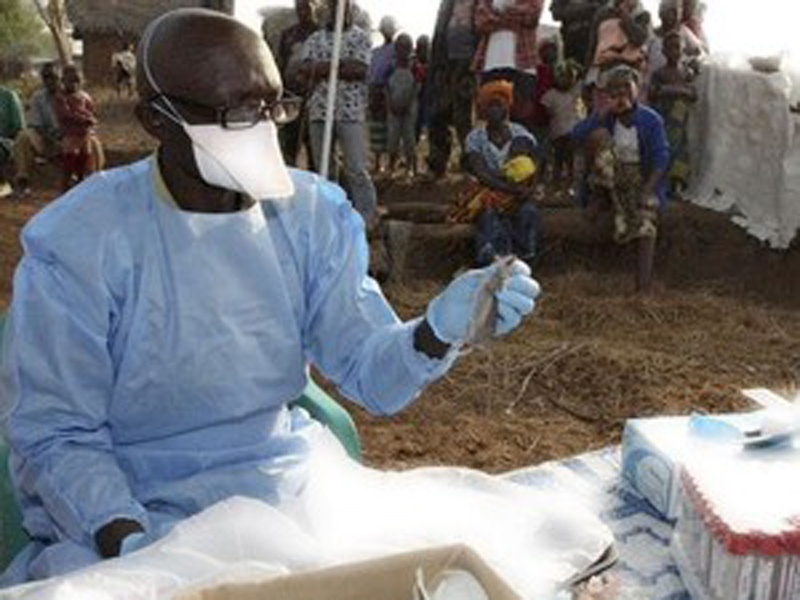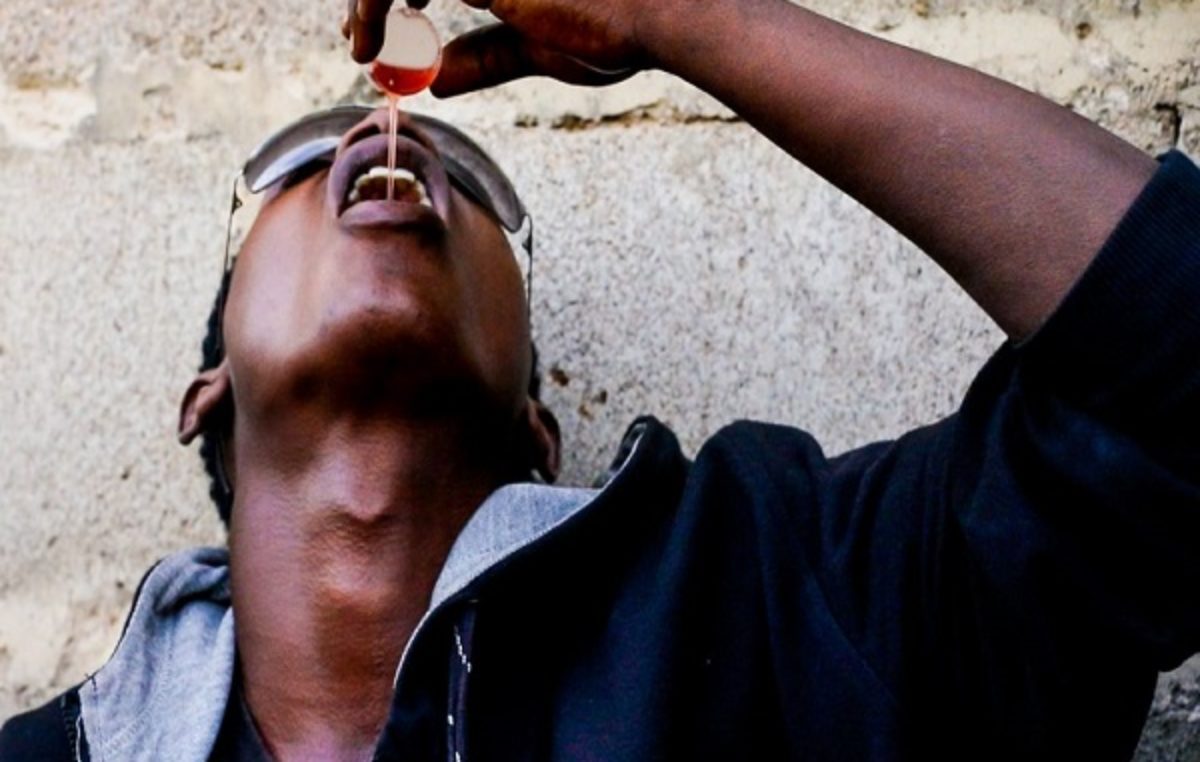Lassa Fever: NCDC Advocates Personal, Environmental Hygiene
The Nigeria Centre for Disease Control (NCDC) says it is creating more awareness to educate Nigerians on the prevention of Lassa fever.
Ms Elsie Ilori, Head, National Working Committee on Lassa fever, said this while giving update on the latest outbreak of the disease in the country on Channels Television on Saturday in Abuja.
She said 136 confirmed cases and 31 deaths had been recorded in eight states of the federation and the FCT Abuja.
Ilori, a Deputy Director at NCDC, stressed that Nigerians must practise good personal hygiene and proper environmental sanitation to prevent further spread of the disease.
She said that the centre had been proactive in the fight to control Lassa fever and other haemorrhagic fevers by sensitizing the populace on key preventive measures.
She said that the Centre was collaborating with the Ministry of Agriculture and Environment to curb further spread of the virus.
The official also said that given the increase in reported cases, the NCDC had activated an Emergency Operations Centre (EOC) to coordinate the response. She therefore advised the public to take effective measures by storing grain and other foodstuffs in rodent-proof containers, disposing of garbage far from residences and maintaining clean households, among other measures to discourage rodents from entering homes.
She also recommended regular hand washing practise and advised against bush burning.
Ilori said that health care workers were again reminded that Lassa fever presents initially like any other disease causing febrile illness such as malaria.
She said that healthcare providers were advised to practise standard precautions at all times and to maintain a high index of suspicion. She also advised that Rapid Diagnostic Test (RDT) must be applied to all suspected cases of malaria.
‘When the RDT is negative, other causes of febrile illness including Lassa fever should be considered. Accurate diagnosis and prompt treatment increases the chances of survival,” she said. Ilori said that guidelines had been revised, new data management tools had been developed and the laboratory network strengthened.
She also said that risk communications had been strengthened through radio, posters, flyers and social media.
‘A national research plan has been developed to enable its full integration into the outbreak response to gain a better understanding of the disease.
‘The national guidelines for Infection Prevention and Control, as well as Lassa fever case management have been developed, disseminated to States and are available on the NCDC website for download: (http://ncdc.gov.ng/diseases/guidelines).
‘The Nigeria Centre for Disease Control remains committed to supporting all States’ public health teams to prevent and respond to public health threats,” she assured.
Reports have it that Lassa fever is an acute viral haemorrhagic illness, transmitted to humans through contact with food or household items contaminated by infected rodents.
Person-to-person transmission can also occur, particularly in hospital environments in the absence of adequate infection control measures.





